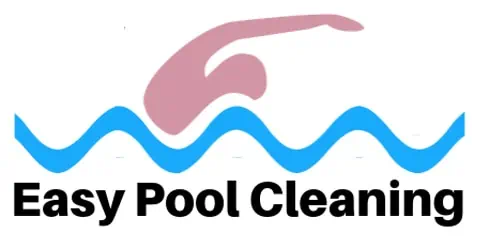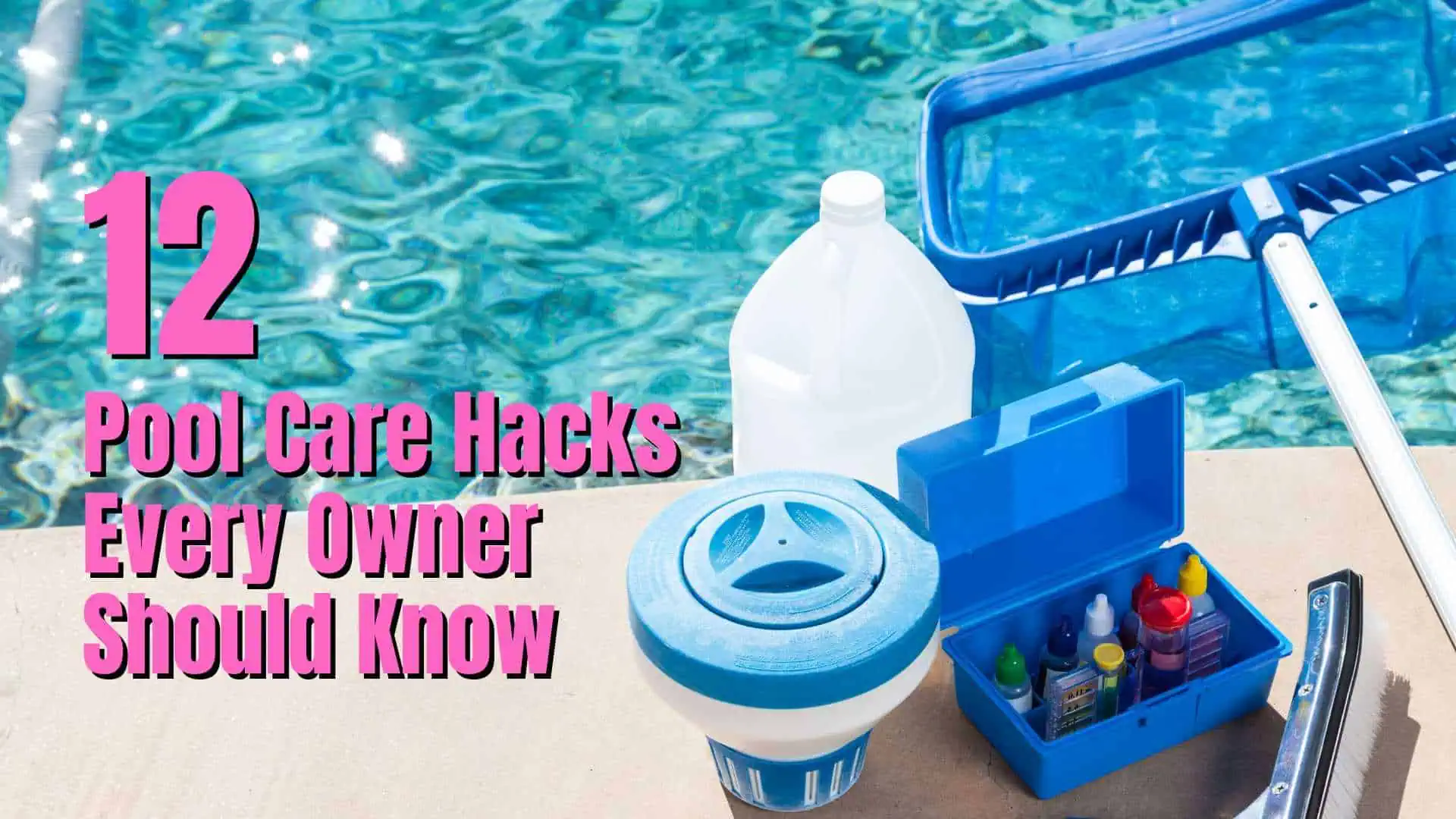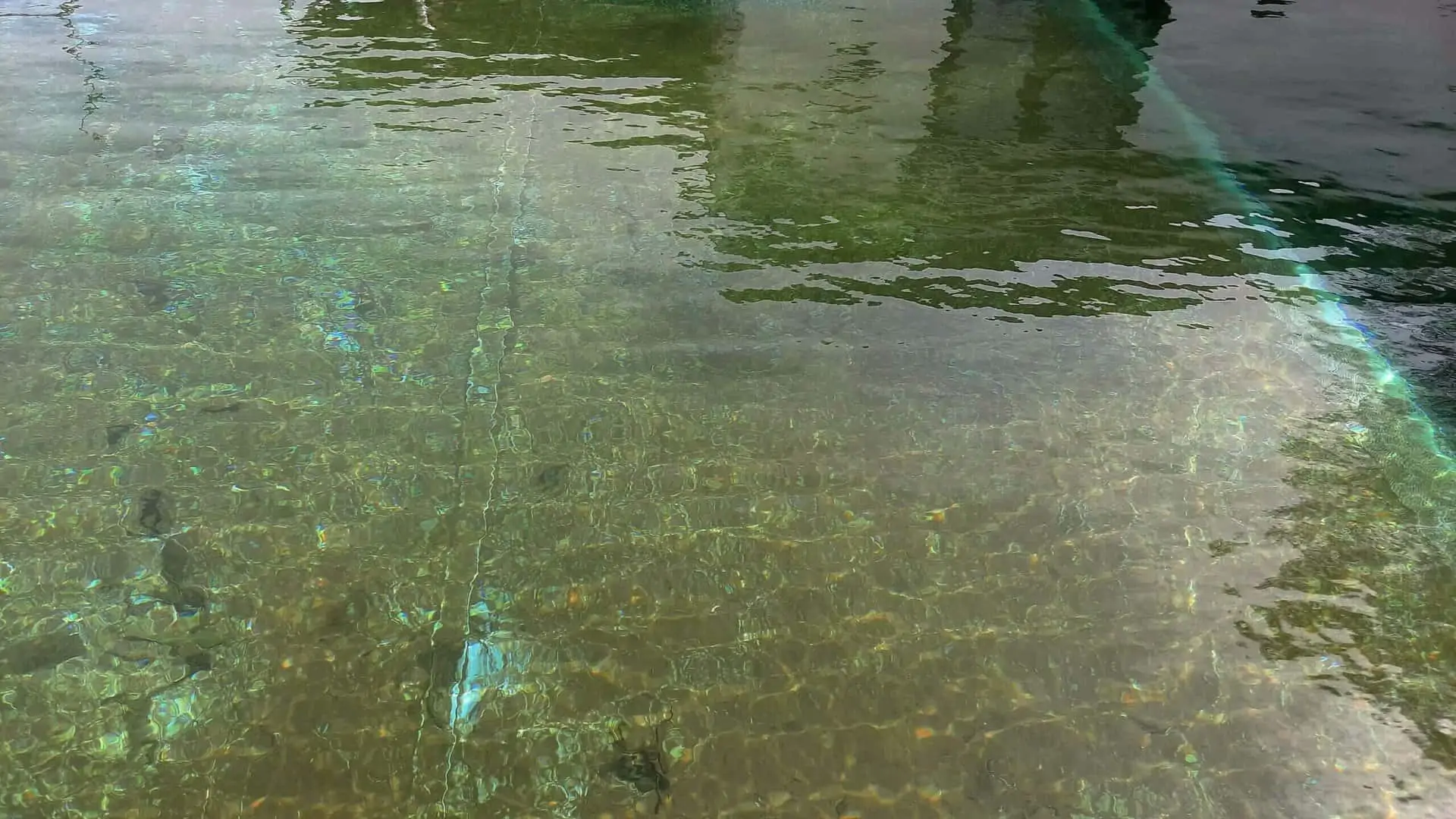Pool filters are an essential part of maintaining a clean and safe swimming pool.
There are several types of pool filters available, but the most common ones are cartridge, sand, and diatomaceous earth (DE) filters.
Each type of filter has its own set of benefits and drawbacks, and it’s important to understand these differences to make an informed decision when choosing a pool filter.
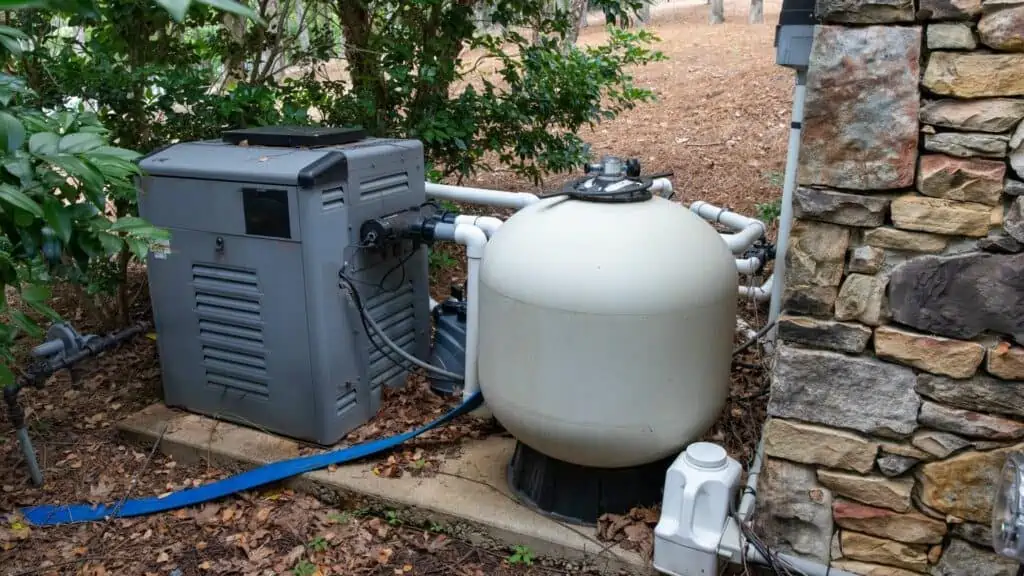
The Differences Between Sand, Cartridge and Diatomaceous Earth Pool Filters
You have three choices when it comes to selecting a pol filter for your swimming pool:
Sand filters
Sand filters are the most popular type of pool filter. They work by pushing pool water through a layer of sand to capture debris. Sand filters are relatively inexpensive and easy to maintain. They can be cleaned by backwashing, which involves reversing the flow of water through the filter to flush out debris.
One of the main advantages of sand filters is that they require less maintenance than cartridge filters. Backwashing can be done once a week or as needed, depending on pool use and water quality. Additionally, sand filters can last may years or more with proper maintenance (mine is now over 15 years old).
However, sand filters have some limitations when it comes to removing small particles from pool water.
They are not as efficient as cartridge filters and can only capture particles as small as 20-25 microns. This means that smaller particles, such as algae and bacteria, may pass through the filter and require additional treatment.
You can use glass beads in a sand filter instead of sand which can make them more efficient at removing dirt particles.
Cartridge filters
Cartridge filters are another common type of pool filter. They consist of a pleated filter cartridge that traps debris as the pool water passes through it. Cartridge filters are easy to install, and they don’t require backwashing or sand replacement, making them a low-maintenance option.
One of the main advantages of cartridge filters is their efficiency in removing small particles from the pool water.
They can capture particles as small as 10-15 microns, which is much smaller than what sand filters can capture. Additionally, cartridge filters have a larger surface area than sand filters, which means they can hold more debris before needing to be cleaned or replaced.
However, one of the drawbacks of cartridge filters is that cleaning them is a bigger job than just backwashing sand or DE filters. The filters need to be physically removed from the housing and cleaned.
Depending on the size of the filter and the frequency of pool use, the cartridge may need to be cleaned every few weeks to once a month. Additionally, cartridge filters may require more frequent replacement than sand or DE filters, which can be an added cost.
Diatomaceous Earth (DE) filters
Diatomaceous earth (DE) filters are the most expensive type of pool filter, but they are also the most efficient.
DE filters use a fine, white powder made from the fossilized remains of diatoms to capture debris. Like sand filters, DE filters can be cleaned by backwashing, but they require an additional step of adding fresh DE powder to the filter.
One of the main advantages of DE filters is their ability to capture particles as small as 2-5 microns, making them the most efficient type of pool filter. Additionally, DE filters have a long lifespan and can last up to 15 years or more with proper maintenance.
However, DE filters require more maintenance than other types of filters. In addition to backwashing, they require regular cleaning and replacement of the DE powder, which can be messy and time-consuming.
DE filters also require more pressure to operate, which can increase energy costs.
Which type of pool filter is right for you?
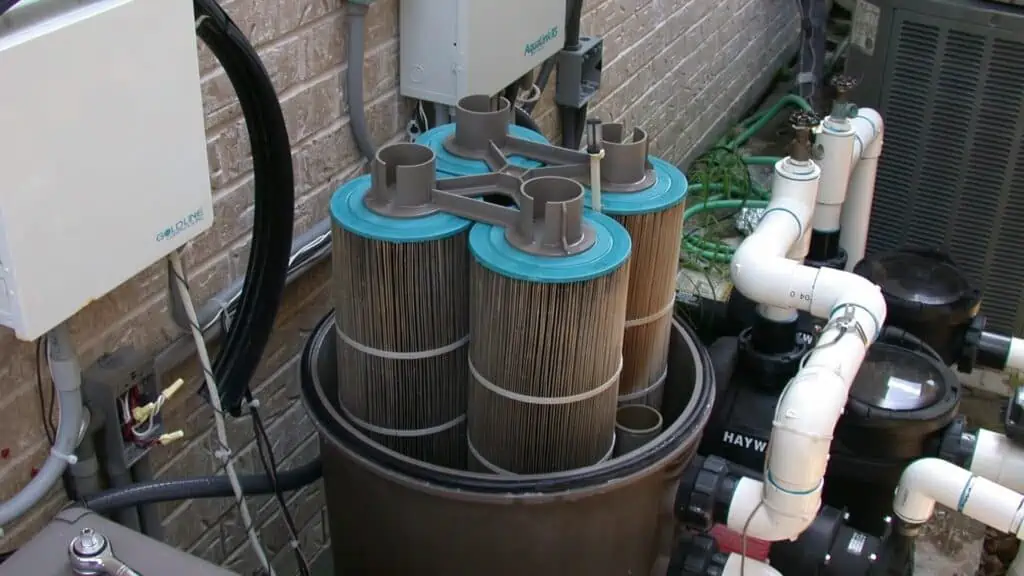
When choosing a pool filter, it’s important to consider the size of your pool, the frequency of use, and the level of maintenance you are willing to undertake.
The answer depends on a few factors, including the size of your pool, your budget, and your maintenance preferences.
If you have a small pool and are on a tight budget, a sand filter may be the best option for you.
Sand filters are the least expensive of the three types of filters and are relatively easy to maintain. They are also suitable for pools that don’t see heavy use or have a low volume of debris.
I have had a pool with a sand filter for 10 years (which is now over 15 years old) and have had no problems with it. Backwashing once a week takes only a few minutes as part of my normal maintenance routine.
If you have a larger pool or a pool that has heavy use, a DE filter may be a better choice. DE filters are more expensive than sand filters but offer better filtration and can handle higher volumes of debris.
They are also suitable for pools with high bather loads or areas with a lot of environmental debris, such as leaves and pollen.
If you are looking for the highest filtration efficiency and don’t mind the added maintenance, a cartridge filter may be the best option for you.
Cartridge filters offer the best filtration of the three types of filters and are suitable for pools with high bather loads or areas with a lot of environmental debris. They are also the most expensive of the three types of filters and require periodic cartridge replacement.
Regardless of which type of filter you choose, it’s important to maintain your pool filter properly to ensure it continues to function effectively. All pool filters require periodic cleaning, and the frequency of cleaning will depend on the type of filter and the amount of debris in your pool.
In addition to regular cleaning, DE and sand filters require periodic backwashing to remove accumulated debris from the filter.
Cartridge filters require periodic removal and cleaning with a garden hose and periodic replacement of the cartridges.
Summary
Sand, DE, and cartridge pool filters all have their pros and cons.
Sand filters are the least expensive and require the least maintenance, while DE filters offer the highest filtration efficiency but require more maintenance.
Cartridge filters offer the best filtration efficiency but are the most expensive and require periodic cartridge replacement.
Choosing the right type of pool filter depends on the size of your pool, your budget, and your maintenance preferences. Regardless of which type of filter you choose, proper maintenance is essential to ensure your pool stays clean and clear all season long.
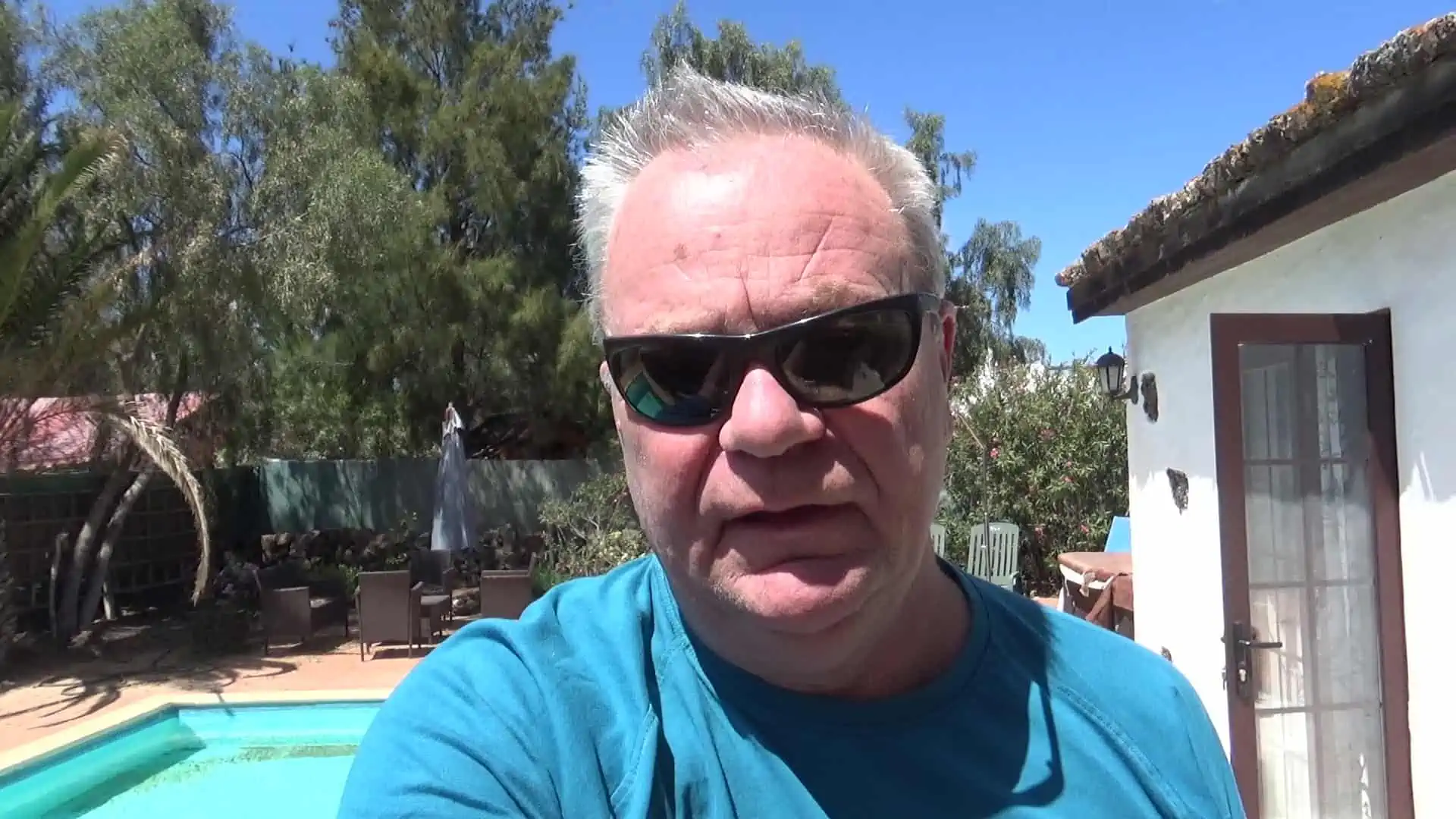
I have had hot tubs for over 20 years and a pool for the last 10 years. I had to learn how to clean, maintain and fix them the hard way. Since then I have helped many friends and neighbors with their pools and now I want to share everything I have learned with you. About Me
